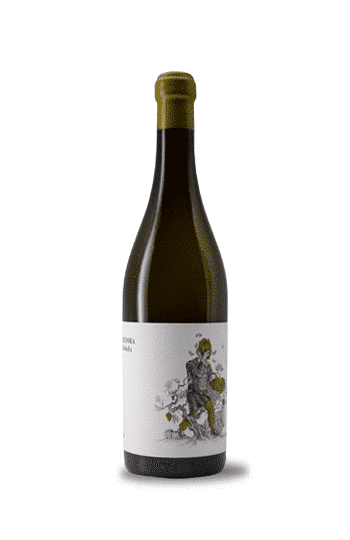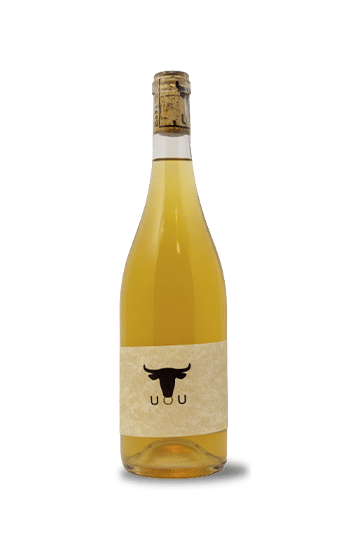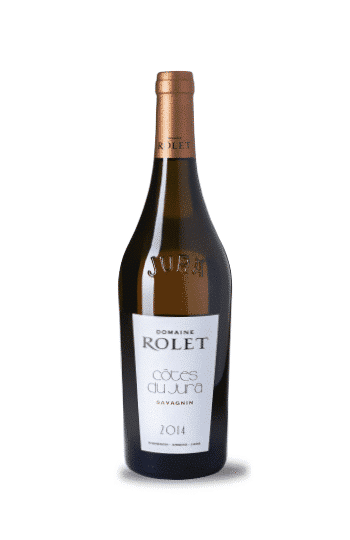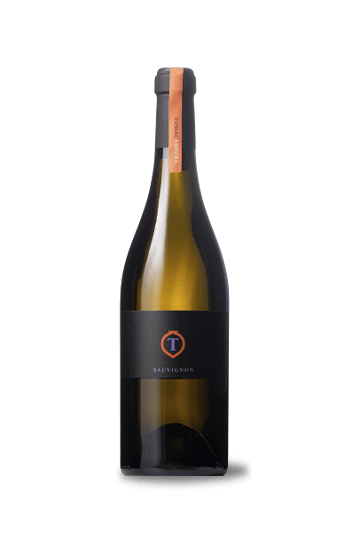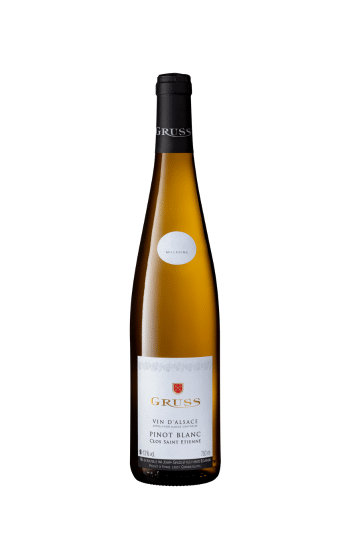Rebula je srednje globoke zlatorumene barve in ni popolnoma bistro. Cvetica je srednje poudarjena, kompleksna, nežno balzamična. Zaznamo arome travniških cvetic, suhe trave, začimbe. Aroma je fina, zrela. Vino je suho, višje svežine, z rahlim taninskim oprijemom, gibko, srednjega telesa in polnega okusa.
Gre za odlično macerirano rebula z jasnim fokusom, ki nikakor ne deluje zagonetno, ampak odprto, vabljivo.
Fedora ribs will complement poultry dishes and pasta dishes.
| Weight | 1,5 kg |
|---|---|
| Region | Vipava Valley |
| Variety | Rebula |
| House | Fedora |
| Alcohol level | 12.5 % |
| Recommended temperature | 6-8 °C |
| Country | SLOVENIA |
| Ageing potential | 5-10 years |
| Wine style | Rich white wine |
| Yearbook | 2019 |
| Volume | 0,75 l |
| Vinification | maceration, fermentation with own yeasts, maturation in concrete for 18 months |
| Food matching | poultry, pasta |
| Colour | Golden yellow |

Fedor's wines reflect terrior, respect for the environment, passion for creation, respect for the characteristics of each vintage. The Kobal family planted the first vines on the slopes above the village of Dolanci in 1880. A particularly great vine-grower was 'pranono', as we Primororians call our great-grandfather, who produced 30 000 litres of vipavec, most of which was taken by wagons to Trieste and Ljubljana. The vines planted at that time were mainly rebula, malvasia, Laotian riesling, greengage, pinellas, scented vines, lupins, glera and piccoliths. They committed themselves to preserving these old maritime varieties. The vineyards of the upper Braniška valley, at the junction of the Vipava and Karst mountains, are full of brick or soudan and have been considered exceptional since Roman times. In the sediments of the oceanic flysch, traces of marine fossils can be found in the brick patches, giving our wines a distinctive mineral note. In line with biodynamic principles, the work in the vineyard and cellar takes into account the moon's moon and its influence on life's currents. They use compost and micro-organisms for fertilisation, which enrich the topsoil and create a balanced environment for all organisms. They believe in farming with as little interference with nature as possible (they are in the process of obtaining organic certification). They feed the soil with micro-organisms known in biodynamics. They use baits instead of sprays to protect against pests. They use tools and hands instead of pesticides to control weeds. They have taken over the vineyards from their ancestors and their aim is to preserve them for posterity.
Related products
-
Add to wishlistRemove from wish listAdd to wishlist
-
Add to wishlistRemove from wish listAdd to wishlist
-
Add to wishlistRemove from wish listAdd to wishlist
-
Belo
Pinot Blanc Clos Saint Etienne, 2019, Domaine Gruss, 0,75 l
Rated 0 out of 511,90 € Add to basketAdd to wishlistRemove from wish listAdd to wishlist



